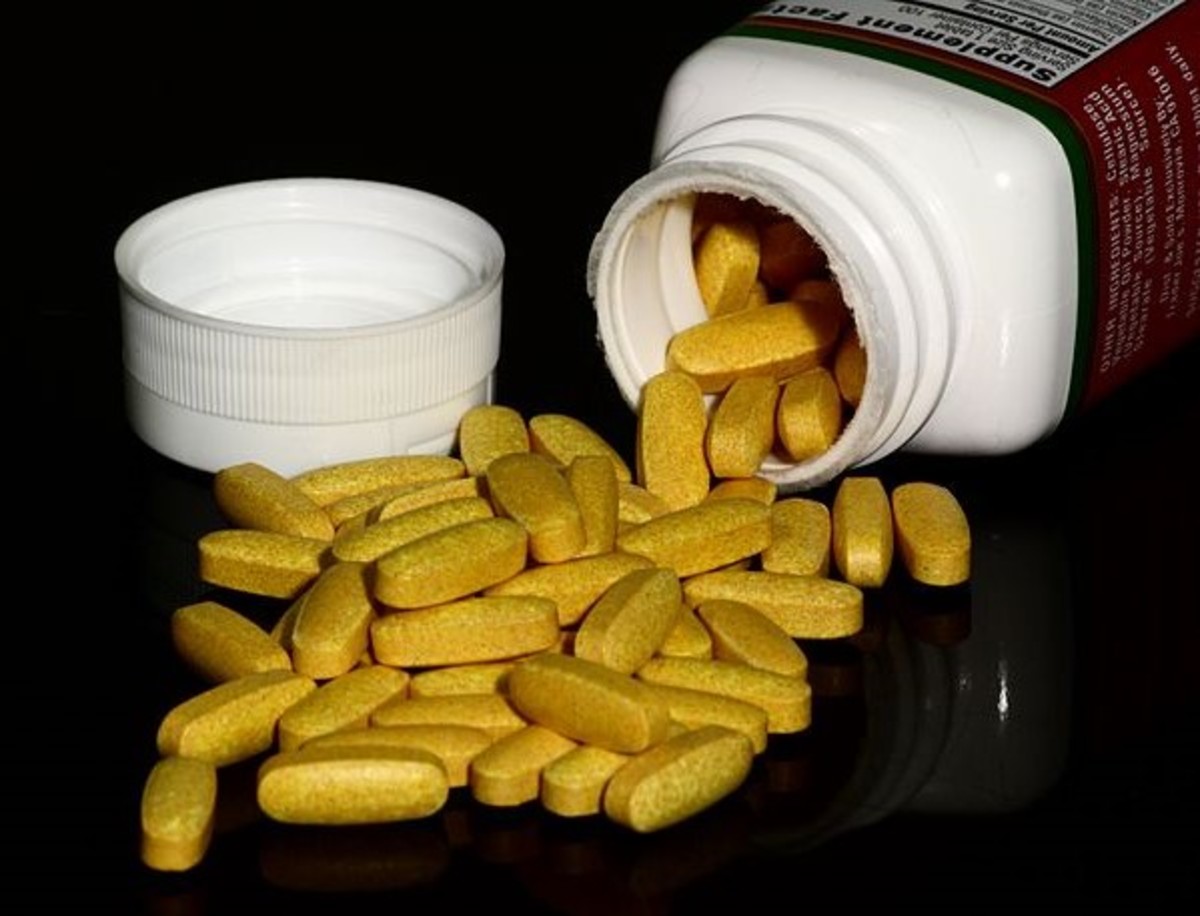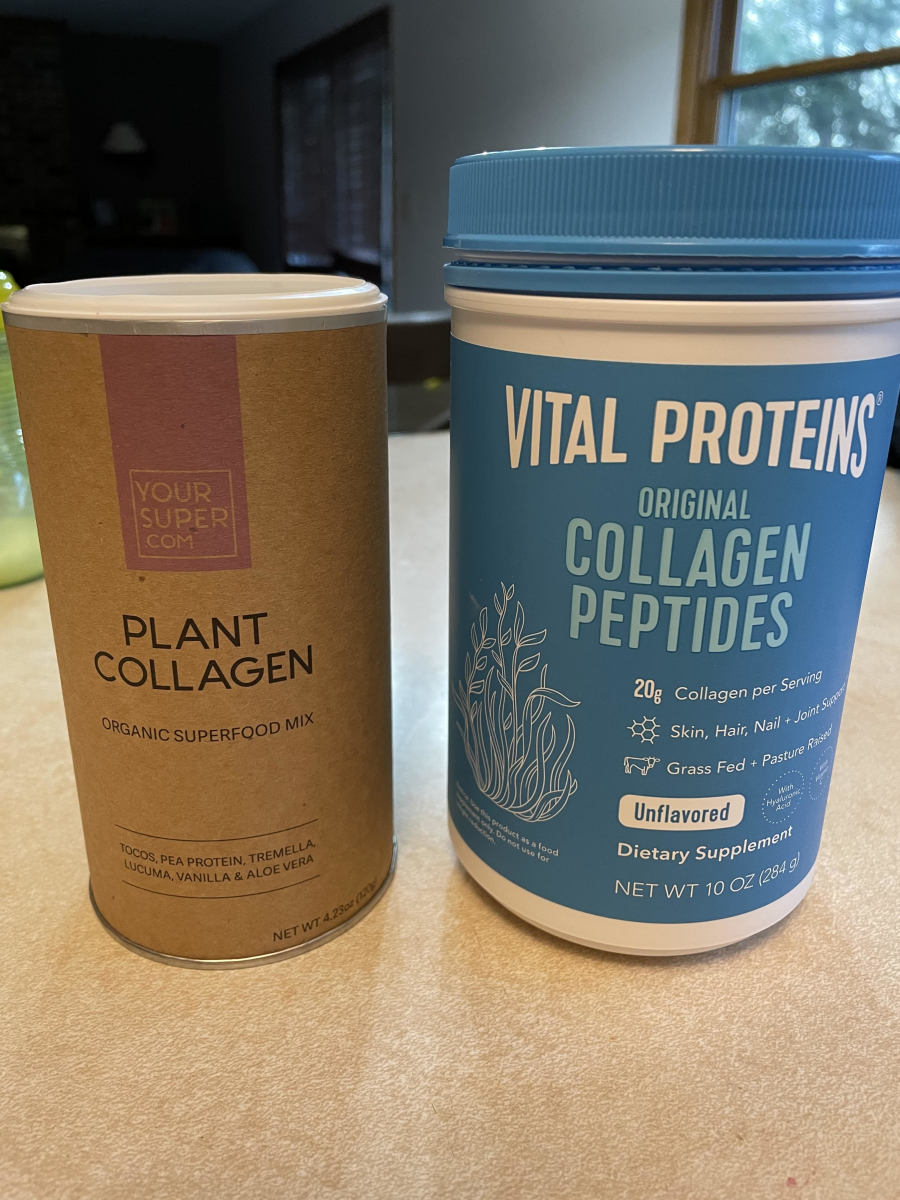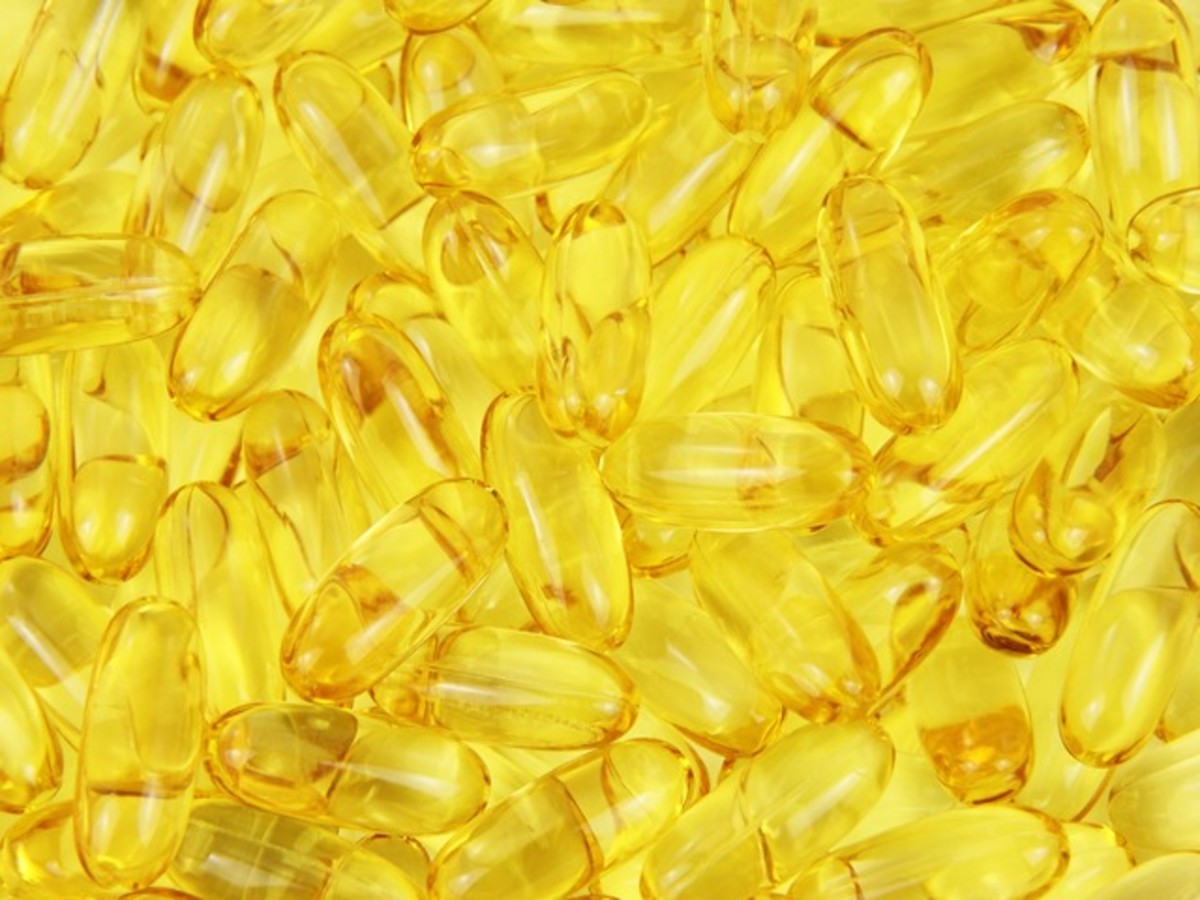Be Smart about Dietary Supplements
How Do Supplements Fit into Your Total Diet?
Dietary supplements are not meant to replace a balanced diet including a variety of foods from the major food groups. Excessive amounts of certain nutrients can cause problems for some individuals. Some supplements contain active ingredients that have strong biological effects and their safety is not always assured in all users.

Read the Supplement Label
Supplements come in different forms including tablets, capsules, powders, energy bars or drinks. One way to know if a product is a dietary supplements if to look at the label on the product. These are the most important things you should look for on the supplement bottle or package.
- Statement of identity
- Net quantity of contents
- Structure-function claim
- Directions
- Supplements facts panel
- Other ingredients in descending order of predominance and by common name or propriety blend.
- Name and place of business of manufacturer, distributor or packer. This is the address to write to for more product information.
Today dietary supplements not only include vitamins and minerals but also herbs, botanicals, amino acids, enzymes and animal extracts.
Unlike drugs, dietary supplements are not pre-approved for safety or effectiveness by the government before they are marketed.
If you are taking both medicines and supplements together whether prescription or over-the-counter, they could cancel out the effects of each or even be harmful to you. For example if you take Coumadin (a prescription medicine), aspirin (over-the-counter drug), vitamine E (vitamin supplement), and ginkgo biloba (herbal supplement), your blood could be come too thin and could cause internal bleeding or stroke.
Sometimes we think that if one supplements works good, more of it would work better. But taking too much of some nurients, even minerals and vitamins, can cause problems. Taking more than 100 percent of the DV or Daily Value may actually be harmful to your health.
To help you make informed decisions, talk to a registered dietician or to your doctor. They can help you decide how to achieve a balance between the foods and nutrients you need.
If you are having elective surgery, you need to inform your doctor of any vitamins, minerals, herbs or other supplements you are taking. You may have to stop taking them two to three weeks ahead of the procedure to avoid dangerous interactions which may cause changes in heart rate, blood pressure, ability to clot or excess bleeding.
Hopefully not, but If you have to go to the emergency room, be sure to inform them of any supplements together with medications you are taking.
Is anyone responsible to ensure that supplements are safe or that they work?
The DSHEA (Dietary Supplement Health and Education Act) was signed into law in October 1994. This new law regulates the framework for ensuring the safety of dietary supplements.
Before they go to market, the manufacturers of supplements are ultimately responsible for making sure their products are safe. They are also responsible for any claims that are made. However, the FDA can take action against any unsafe dietary supplement product. If you have any adverse effects after using dietary supplements, you or your doctor should report it to the FDA at http://www.fda.gov/Safety/MedWatch/default.htm
Things to consider before starting a supplement
First ask yourself: Does it sound too good to be true? Some of us just like to chase the latest health fad.
Just because you see the term 'natural' does not mean that the product is safe and healthful. Consumers are often misled to think that term assures wholesomeness or mildness. Some weight-loss products claim to be 'herbal' or 'natural' but that does not always mean they are safe.
Just because there is not a warning or caution label does not mean a supplement is free of potentially adverse effects.
Question the authority of those who recommend supplements. They may have no formal training in botanicals, nutrition or medicine. There is much useful information online, but beware of claims of a 'cure-all formula' or 'miraculous cure' or similar wording.
In conclusion, it is best to get needed vitamins and minerals through the food you eat, but if you choose to do so, be smart about dietary supplements!









